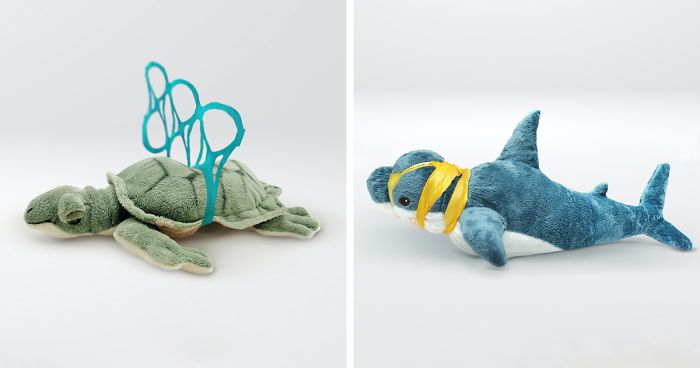
Students Suggest IKEA Put Their Toys At The Center Of The Plastic Pollution Awareness Campaign
Every day, 8 million pieces of plastic reach the ocean. It has been estimated that 100 million marine animals die due to this devastating pollution every year. To raise awareness on the matter, conscious people are encouraging both consumers and businesses to adopt a sustainable way of life. That’s why 5 students from MADS advertising school based in Moscow, Russia decided to create an ad campaign aimed at IKEA and their famous plush toys.
More info: madscourses.ru | Instagram | Facebook
Recently, 5 advertising students created a powerful ad that raises awareness on plastic pollution by depicting IKEA plush toys tangled in plastic
Image credits: MADS
The creators called the campaign “Plastic Surgery” and ‘operated’ on the toys to make them look tangled up in plastic.
Image credits: MADS
The result reflects the reality that millions of animals face in their natural habitat which has been flooded with plastic.
While this ad is not officially affiliated with IKEA, it sends a powerful message about the importance of combating plastic pollution
Image credits: MADS
While the ad campaign is not affiliated with IKEA directly, the strong message it sends to both the furniture company and people around the world is clear — plastic pollution is killing our planet.
Image credits: MADS
In case you’re wondering what IKEA is doing to help the environment, the short answer is — a lot. At the beginning of 2020, the company phased out single-use plastic from their home furnishing range and from our restaurants, cafes, and bistros.
In case you’re wondering what IKEA is doing to help our planet, the company is planning to become a completely circular business by the end of this decade
Image credits: IKEA
The decision came as part of their sustainability strategy called People & Planet Positive which was launched in 2012. The company pledged to become a completely circular business by 2030. The furniture giant is planning to do so by outlining three main focus areas: healthy & sustainable living, circular & climate positive, fair & equal.
Image credits: IKEA
As part of their plan to promote healthy and sustainable living, IKEA pledges to design all of their products to be repurposed, repaired, reused, resold, and recycled. By the next decade, all of IKEA’s home furnishing range will be based on renewable or recycled material.
To become circular, IKEA plans to start to operate on clean, renewable
energy and regenerative resources, decoupling material use from our growth. The company aims to end its dependency on virgin fossil materials and fuels.
Image credits: IKEA
As for becoming fair and equal, IKEA is planning to grow its business in a “more inclusive way, respecting and encouraging diversity and promoting decent and meaningful work across the IKEA value chain, enabling people to provide a good life for themselves and their families. Being inclusive is about both engaging with others in the work they do and inviting others to participate in our work.”
To achieve all of these goals by 2030, the company has invested 200 million euros.
Image credits: IKEA
“Our ambition is to reduce more greenhouse gas emissions in absolute terms by 2030 than the entire IKEA value chain emits, while growing the IKEA business. To reach this goal, we will continue to invest in areas that create impact. This investment will speed up the transition to using renewable energy across our supply chain and remove carbon from the atmosphere through reforestation and better forest management practices”, says Torbjörn Lööf, CEO at Inter IKEA Group.
Here’s a video on IKEA’s latest attempt to use ocean plastic in new products
Click to unmute
16Kviews
Share on FacebookI didn't know IKEA was in Asia, India and China. Hmm, they do 90% of the plastic pollution...perhaps IKEA can open stores there and educate them.
Completelly circular eh? Is that why they're buying off massive plots of forests in different countries?
I didn't know IKEA was in Asia, India and China. Hmm, they do 90% of the plastic pollution...perhaps IKEA can open stores there and educate them.
Completelly circular eh? Is that why they're buying off massive plots of forests in different countries?

 Dark Mode
Dark Mode 

 No fees, cancel anytime
No fees, cancel anytime 






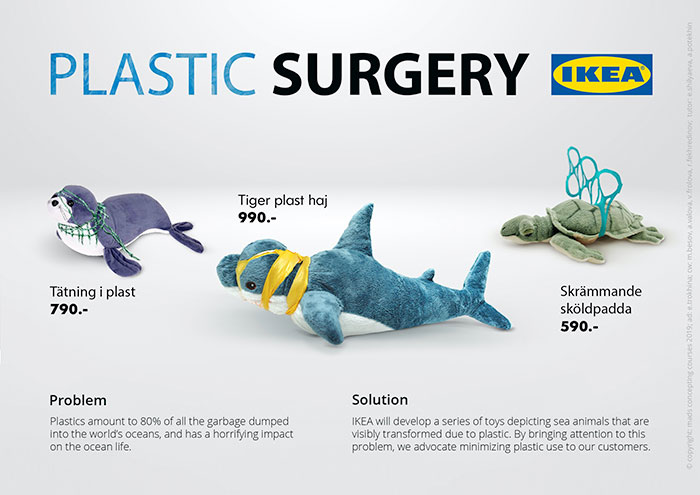
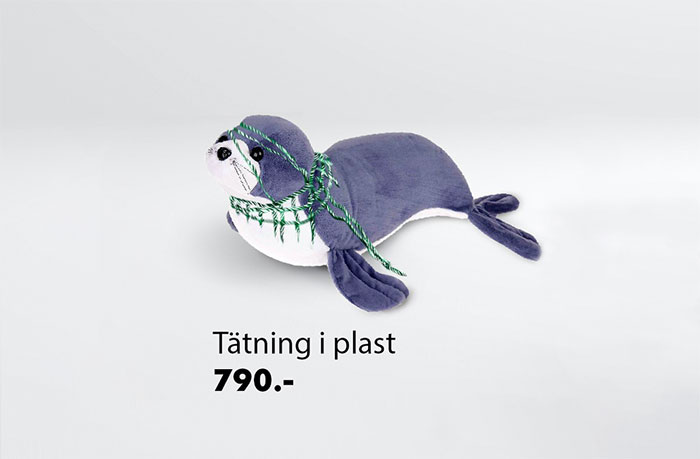
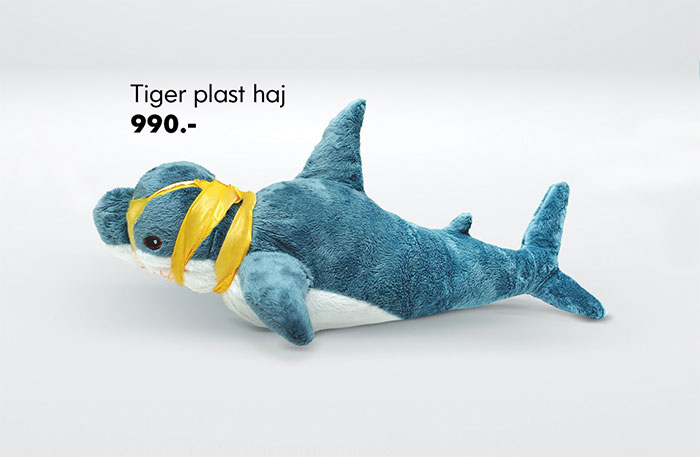
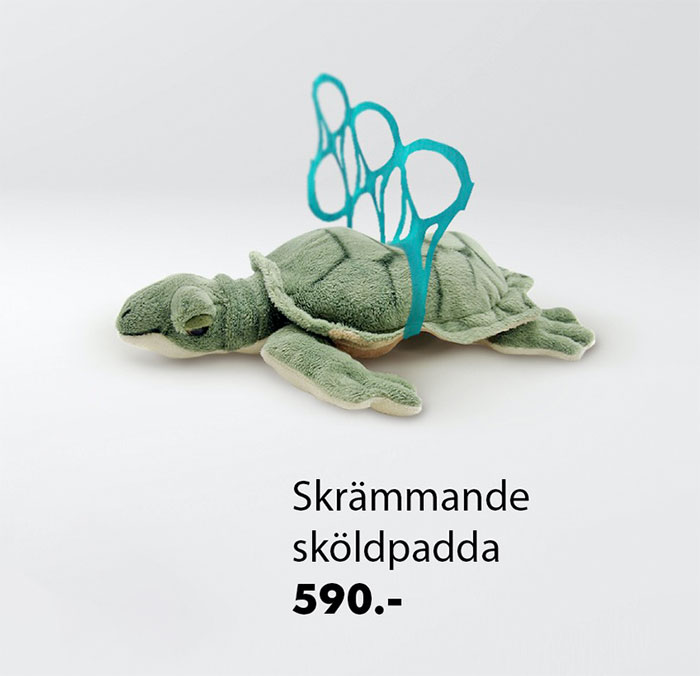
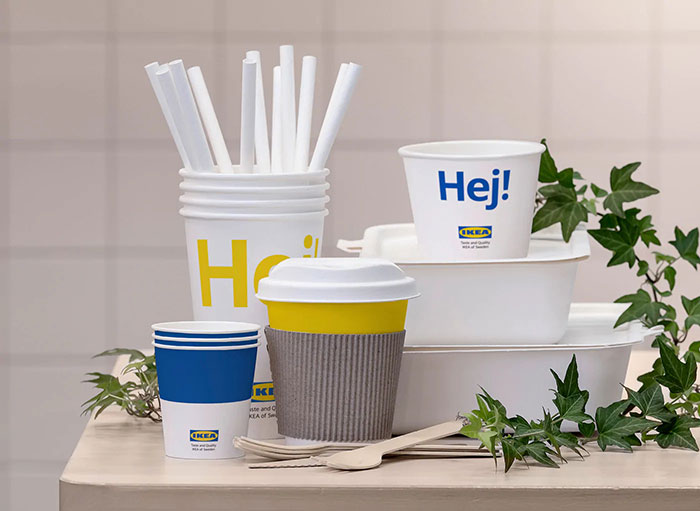
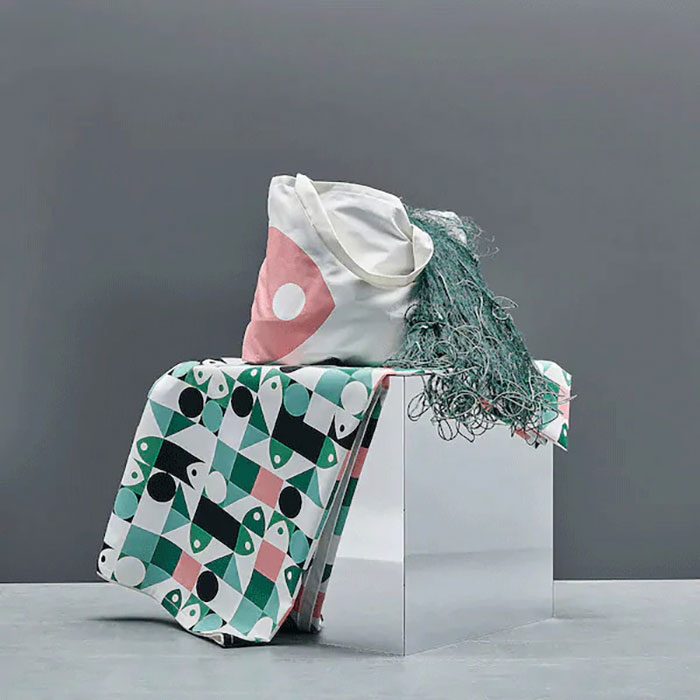
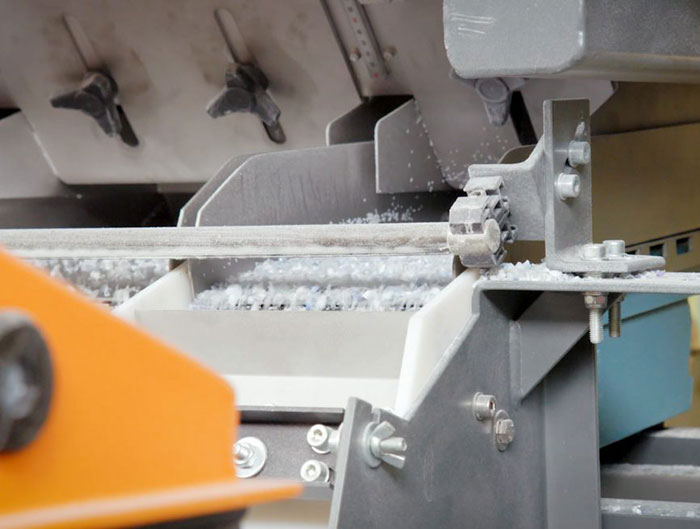
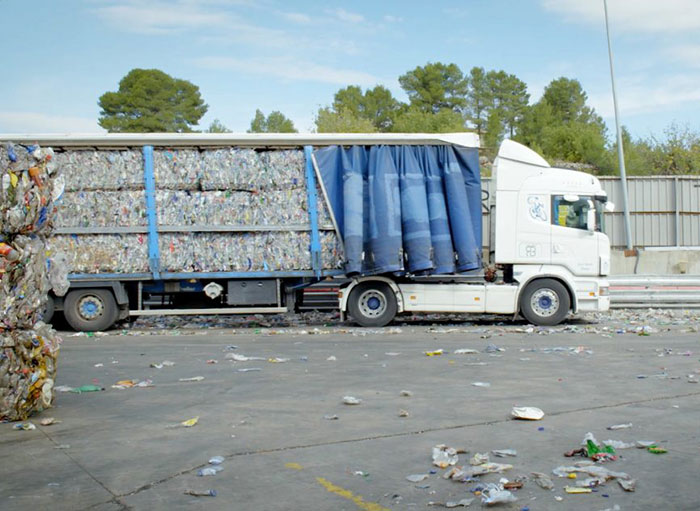











































166
5